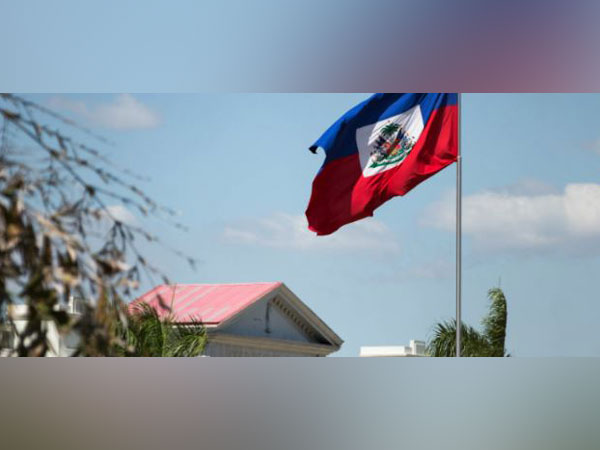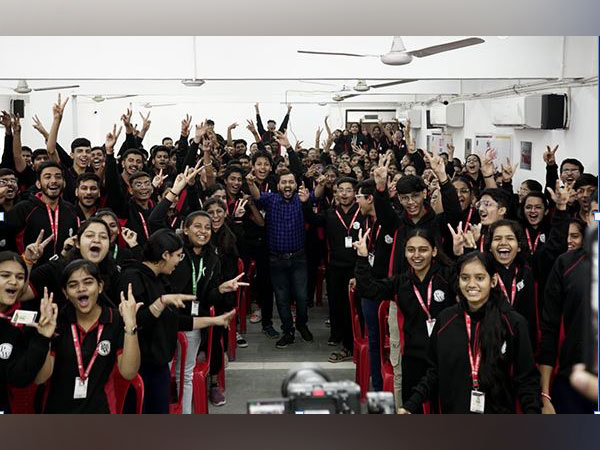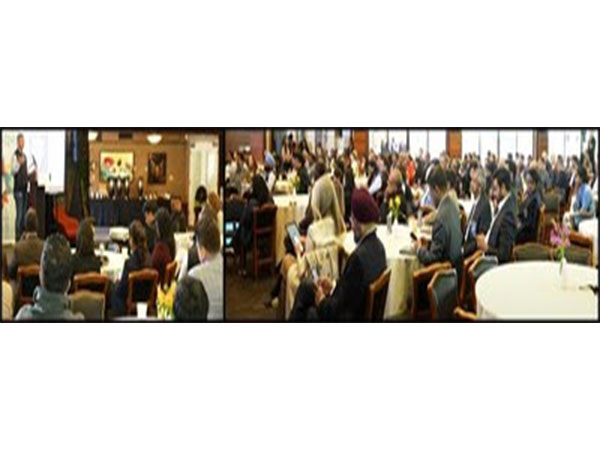
Calm in Haitian capital extends into second day as US, UN withdraw staff
Mar 14, 2024
Port-au-Prince [Haiti], March 14: Haiti's capital was calm two days after the prime minister said he would step down, but the U.S. and UN began to withdraw staff in a sign they fear peace might not hold.
Prime Minister Ariel Henry said on Monday he would resign from his post once a transitional council takes over, following escalating violence by powerful gangs that has led thousands to flee their homes.
U.S. Secretary of State Anthony Blinken, who met with regional leaders and representatives from Haiti's government and opposition in Jamaica earlier this week, told reporters on Wednesday that he expects the transition council to come together in the next couple of days.
Caribbean leaders have detailed the sectors, political parties and alliances that will make up the nine-member council, but have not yet said who will be appointed to it.
However, Haiti's most powerful gang leader, Jimmy "Barbecue" Cherizier, who had threatened to overthrow Henry, "dismissed" the transitional council, the Miami Herald reported on Wednesday. Reuters was not able to independently confirm Cherizier's position.
A day earlier, several dozen protested against the transition plan, burning tires in downtown Port-au-Prince, but the city was for the most part calm.
Henry traveled to Kenya last month to seal a deal to secure Nairobi's leadership of a long-delayed security mission to fight the gangs, who the UN believes control most of the capital. Violence escalated in his absence and he remained stranded in Puerto Rico when he resigned.
Blinken said on Wednesday he had received assurances from Kenyan President William Ruto that the African nation was prepared to lead the mission "as soon as this new council is stood up" and an interim prime minister is picked.
Meanwhile, the U.S. Southern Command - a military branch encompassing Latin America and the Caribbean - said it was deploying a team of anti-terrorism Marines to bolster embassy security and help "non-emergency" personnel leave Haiti.
Non-essential United Nations staff are also set to start leaving Haiti due to the volatile security, according to a U.N. spokesperson, who did not say how many were considered non-essential. The body employs 267 international staff and 1,220 locals in Haiti.
Neither body commented on the reason for the specific timing of their departures.
In the U.S. state of Florida, Governor Ron DeSantis, an anti-immigration hardliner, said state law enforcement would deploy over 250 additional officers and soldiers and more than a dozen air and sea vessels to the southern coast "to protect our state."
'NOT FULLY OPERATIONAL'
In Port-au-Prince, Haitians went about their business on Wednesday, with residents buying produce from street vendors and collecting water in containers. There was little sign of visible gang activity and no new attacks reported on key infrastructure or government offices.
However, MSC said it had suspended all shipping calls at Haiti's main cargo port terminal, which it said remained "not fully operational" after containers were looted. Shipments will be diverted to Caucedo in the Dominican Republic, it said.
Many details on the security force, such as how large it will be, who will contribute troops, its funding, and how it will operate on the ground, remain unclear.
Countries have been wary of intervening in Haiti, with Henry's government viewed by many Haitians as corrupt, and following abuses by previous international interventions, including a sexual abuse scandal and cholera epidemic.
In Canada, like Haiti a former French colony, Prime Minister Justin Trudeau promised his country would remain "very, very active," without specifying commitments.
"The international community has been intervening for 30 years in Haiti, and we are still finding ourselves in this impossible situation," said Trudeau. "We need to see Haiti's political class come together and figure out a way to move forward."
Haiti has long been impoverished and politically volatile but has become increasingly lawless since the 2021 assassination of President Jovenel Moise, with the country's outgunned police struggling to maintain security and with protests increasing against the unelected Henry.
Source: Fijian Broadcasting Cooperation









